PROJECTS
Adapt Grampians is delivering projects and initiatives to build the capacity of regional communities to adapt to climate change.
2021/22 Yearly Delivery Plan Projects
Integrated Water Management Planning for small towns across the Central Highlands
Lead organisation – Golden Plains Shire in partnership with Central Highlands Water
This project aims to install water tanks and rain harvesting in rain gardens attached to community facilities and use the installations to demonstrate water saving opportunities to the local community.
Utilising the strategy and guide that were developed with previous funding, this project will implement an on the-ground aspects of the project.
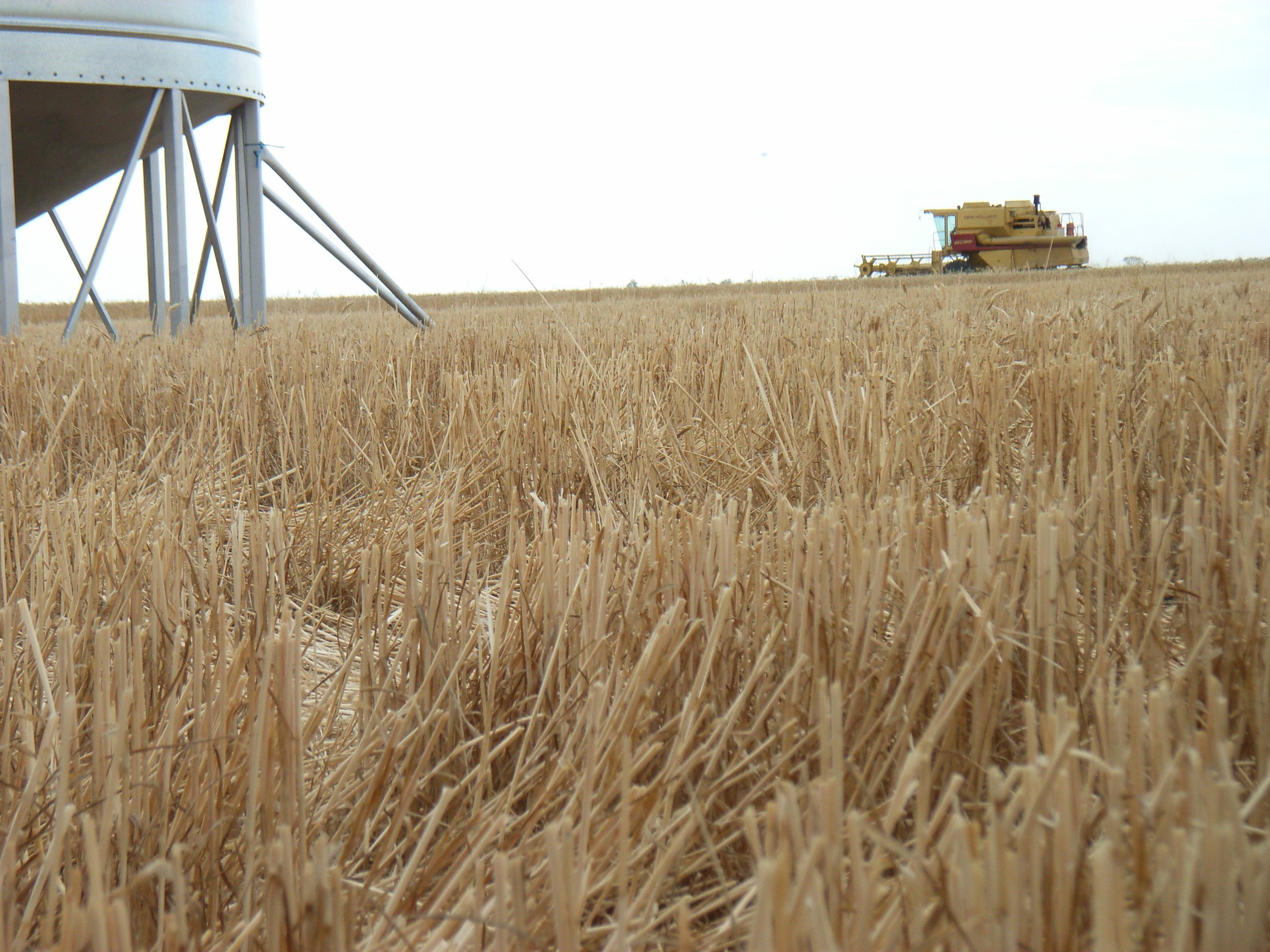
Risk, Profitability and Resillience in a changing climate
Lead organisation – Stipa Native Grass Association Inc
This project will expand an existing capability project to a wider audience to build business and enterprise resilience in response to climate change and associated variable seasons. Training will focus on mixed farming enterprises in the 300-
400mm rainfall regions.
Adaptation is approached as an ongoing interplay between climate, humans, and the environment and a participatory learning framework will be developed and applied across the program.
Find out about the upcoming workshops here.

Landscape Genomic analyses of Grampians Region biodiversity – a management framework
Lead organisation – Deakin University
This will support the existing Deakin University project “Landscape genomic analyses of Grampians Region
biodiversity – a management framework” which will build an understanding of endemism, patterns of
movement of wildlife and connectivity patterns of wildlife communities in the Grampians Region.
The project will help to ensure that responses to climate change are coordinated, resourced and evidence based and biodiversity and natural ecosystems are protected and resilient.
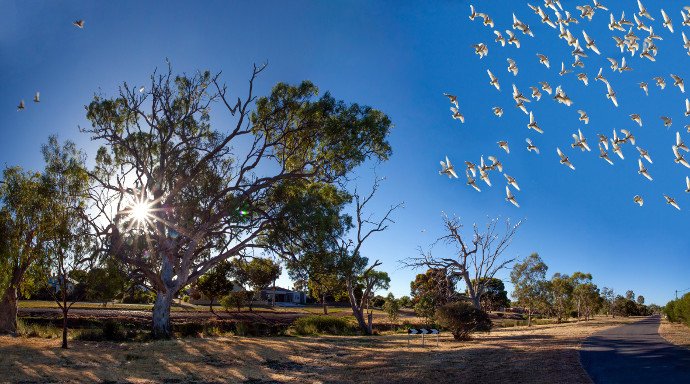
Expanding the Hepburn Z-NET Model into Climate Change Adaptation
Lead organisation – Hepburn Shire Council
This project aims to leverage and expand on the Hepburn Z-NET mitigation model (the first zero-net emission shire in Australia) to
develop an approach to climate change adaptation that is place-based and locally appropriate.
It will provide a replicable process for other regional local government areas (LGAs).
Visit www.z-net.org.au to find out more
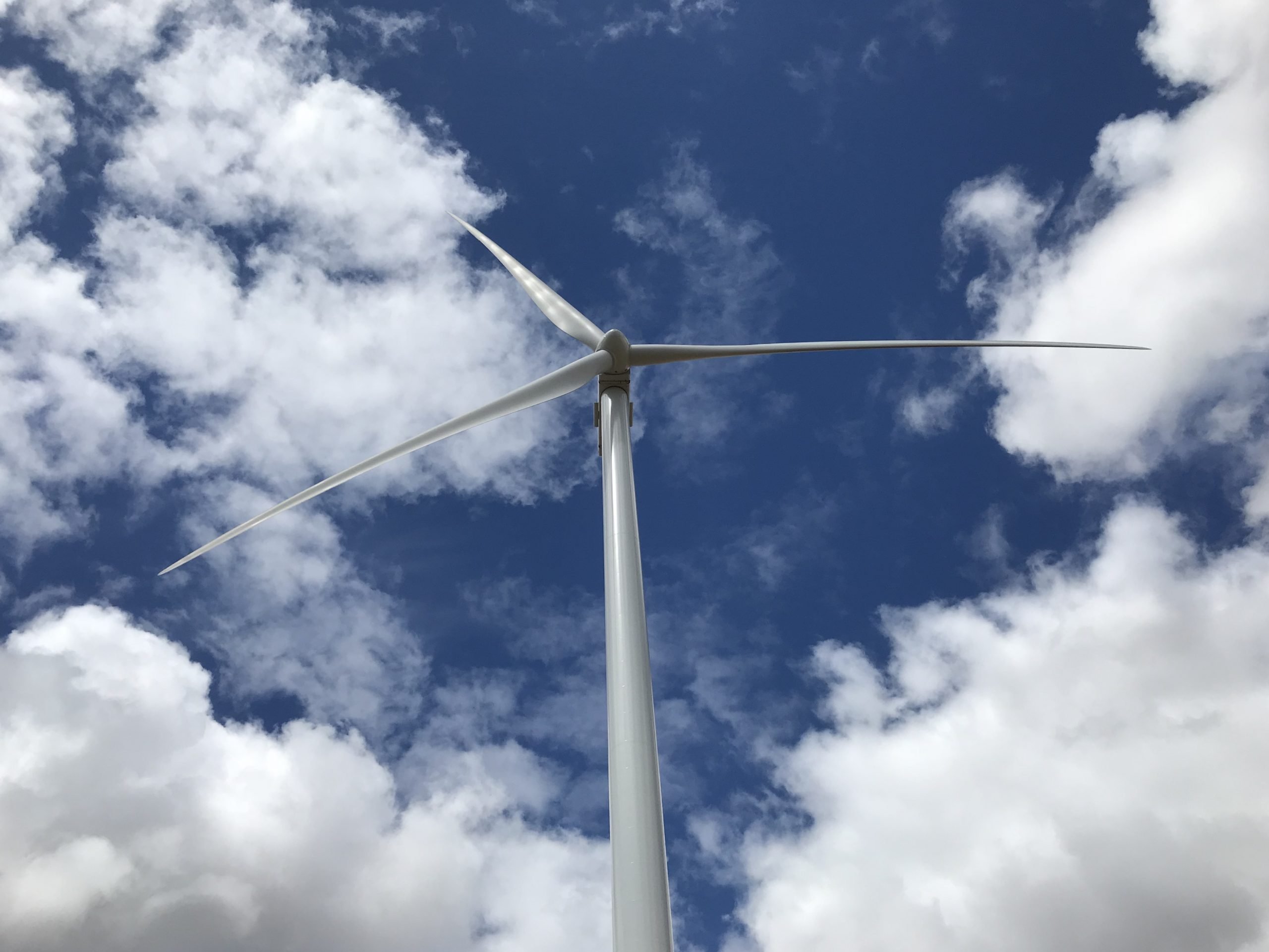
Community Conversations on Climate Change
Lead organisation – Buloke and Northern Grampians Landcare Network
This project aims to engage communities in the St. Arnaud region to normalise the conversation about climate change, inspire/
empower local leadership, and encourage ideas and action around the themes of climate adaptation, resilience, and community led solutions.
At least four casual educational conversation sessions will be held centred on the climate resilience themes of biodiversity, agriculture, economy (resource utilisation) and health and wellbeing.

Urban trees – making choices for a changing climate
Lead organisation – Ararat Landcare Group
This project will create communication material and engage the Ararat community on how street trees and private spaces can
be used to modify the local microclimate.
Informed decision-making about tree varieties and placement are essential for targeted, long-term impacts in our local towns and cities.
This project will guide planning for urban trees in our towns and villages for the next 5-10 years.

2020/21 Yearly Delivery Plan Projects
Webcam – early fire protection feasibility study
Lead organisation – Wimmera Development Association (WDA)
This project will examine the effectiveness of an existing web camera on Mt. Elephant currently operated by the local CFA, in detecting fires and monitoring weather events.
Currently fires are either spotted by fire lookouts or reports from the public. Lookouts are generally staffed eight hours a day, whereas web cameras will allow agency staff and the public to watch for fires at any time.
The outcomes of this project include consulting with the CFA, SES, Police, Bureau of Meteorology and DELWP; obtain estimates of installation and maintenance costs and recommend suitable sites for a small number of cameras to be installed in a future demontration project.
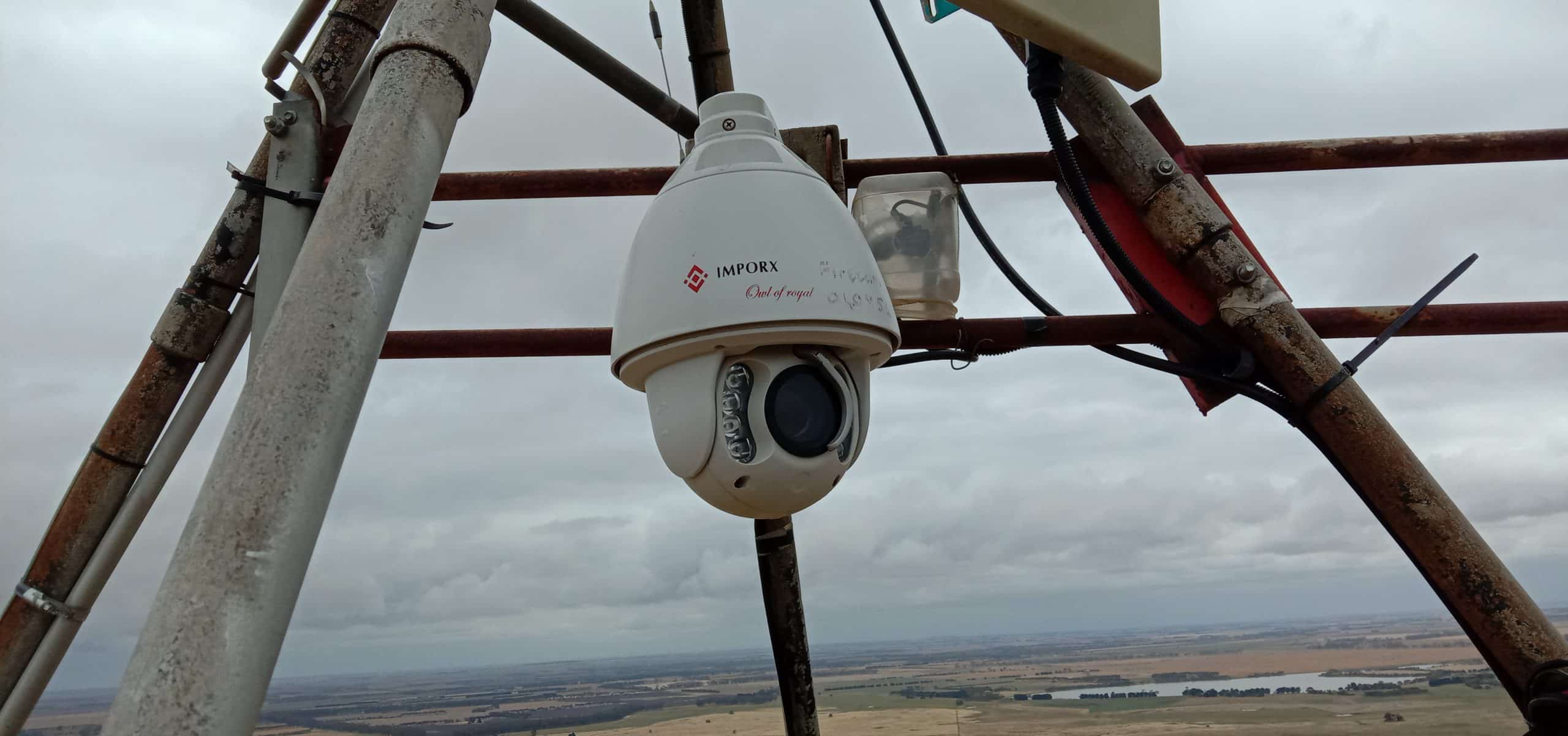
Integrated Water Management Planning for small towns
Lead organisation – Golden Plains Shire
IWM plans have been produced for a number of medium to large towns across Victoria, however there are many small towns in the Central Highlands region that are not covered by a dedicated IWM plan.
In 2019, a group of Councils (Central Goldfields, Golden Plains, Moorabool & Pyrenees), Central Highlands Water and DELWP worked together to develop guidelines for everyone in the region to use, which will help implement works that align with IWM principles.
This project will take this opportunity to make the guidelines more accessible and expand the plans to create exemplar projects in towns across the Central Highlands region.
Goldfields Little Creeks Climate Adaptation Restoration Guide
Lead organisation – Bunanyung Landscape Alliance
The Goldfields Little Creeks region has hundreds of linear kilometres of small, headwater streams, running through peri-urban and agricultural land. Headwater streams have a number of important ecological roles, including natural corridors for wildlife; amenity for local communities; filter pollution; and provide cool refugia for biota in a future warmer climate.
This project will develop a strategy to revegetate creeks with climatically-appropriate indigenous vegetation in order to promote shading and water retention.
Risk, Profitability & Resilience in changing climate
Lead organisation – STIPA Native Grasses Association Inc
Under all climate change scenarios, agricultural businesses will face increased risk due to temperature stress, drought, floods, heatwaves, frost, fires, and a changed distribution of weeds, pests and diseases.
This project enables people to adopt and manage for climate change induced risk in their farm businesses and to manage for profit and resilience. Research and reports continue to reinforce that although not the most lucrative, mixed farming enterprises have lower risk and a greater level of flexibility to adapt to constantly changing circumstances.
The training will focus on mixed farming enterprises in the 300-400mm rainfall regions. The project will take approximately 10 to 30 participants through a series of full day workshops, online webinars, and program support to increase their skills in climate adaptation.
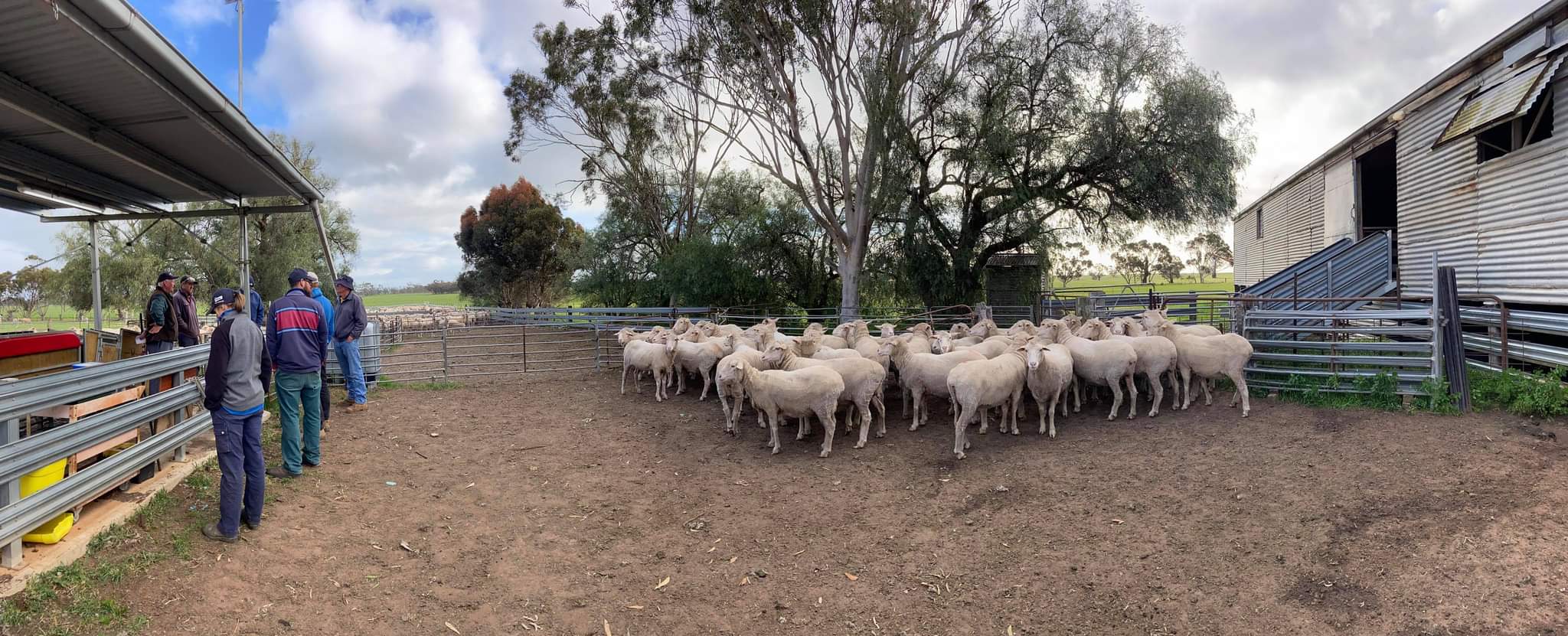
Landscape genomic analyses of Grampians Region biodiversity
Lead organisation – Deakin University
Climate change and habitat disturbances continue to threaten the persistence of biodiversity in both aquatic and land ecosystems. Conservation of natural biodiversity relies largely on the protection and connectivity of key bioregions and refugia, and management strategies that maximise the environmental resilience of native flora and fauna.
This project will provide a multispecies map of genetic structure for the Grampians Region, enabling land managers to identify contemporary patterns of connectivity among wildlife communities, isolated and genetically depauperates species populations in need of intervention, and genetically diverse refuge that require prioritisation for protection.
Grampians Region Climate Adaptation Strategy
The Victorian Government wants to help regional communities adapt to the impacts of climate change through the Supporting Our Regions to Adapt program.
The program will help communities build their resilience to climate change and recognises that the impacts of climate change on communities differs, depending on where you live in Victoria, and so adaptation action needs to be tailored for each region. It will engage stakeholders from across government, industry and the community to identify and drive adaptation action.
This will be achieved through the development of a strategic Regional Climate Adaptation Strategy (RCAS). The Strategy will identify barriers, drivers and issues and assist regional stakeholders to direct their activities by identifying priorities, gaps and needs for the region.
The aims of the RCAS include:
- build a shared understanding of regional vulnerability to climate change;
- foster regional action, innovation and ownership;
- ensure that tailored initiatives and projects are delivered to support regional communities, particularly those most vulnerable, to prepare for and adapt to climate change; and
- build and strengthen relationships with regional stakeholders to support effective and coordinated adaptation action.
The RCAS will have a 5-year time frame and be completed by July 2021. The first Yearly Delivery Plan was completed at the beginning of 2020 and included funding of key community adaptation projects (below) identified by the Regional Climate Adaptation Group (RCAG).
Subscribe to our mailing list

RCAG Members Login
Acknowledgements
We acknowledge the First Nations Peoples of the land and waters that we live, care and work upon within the Grampians Region. We respect the continuous culture that has been embedded into history for thousands of years. We pay our respects to all Aboriginal and Torres Strait Islander people.
